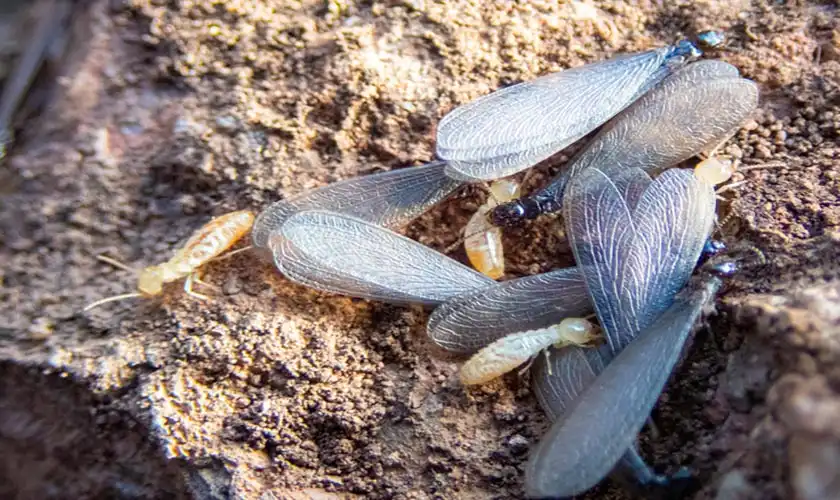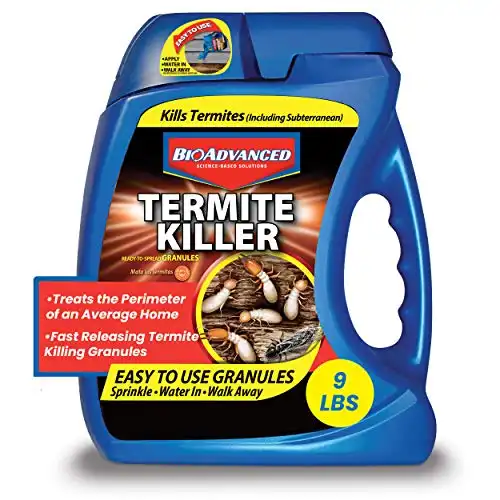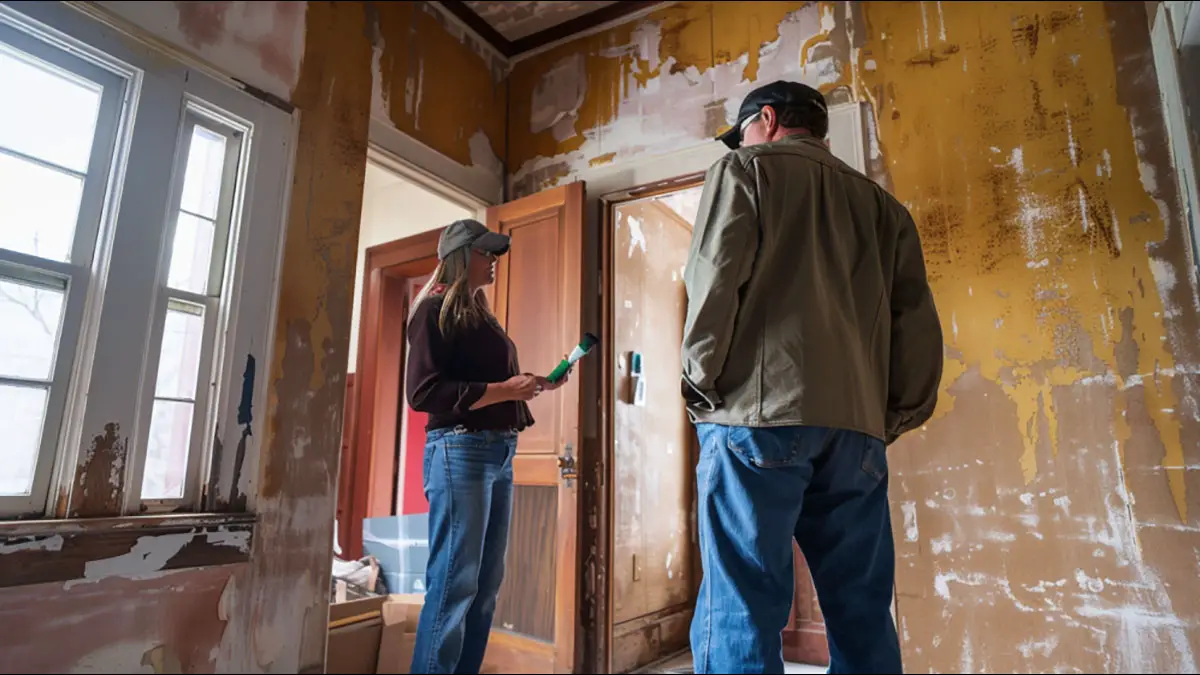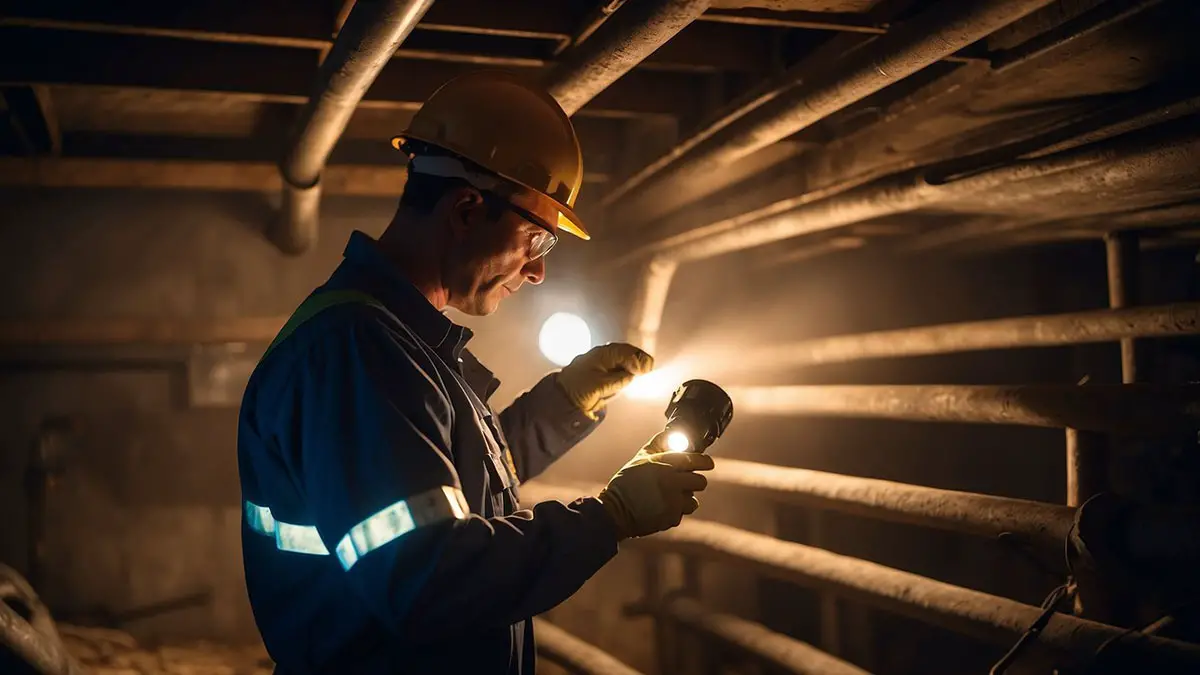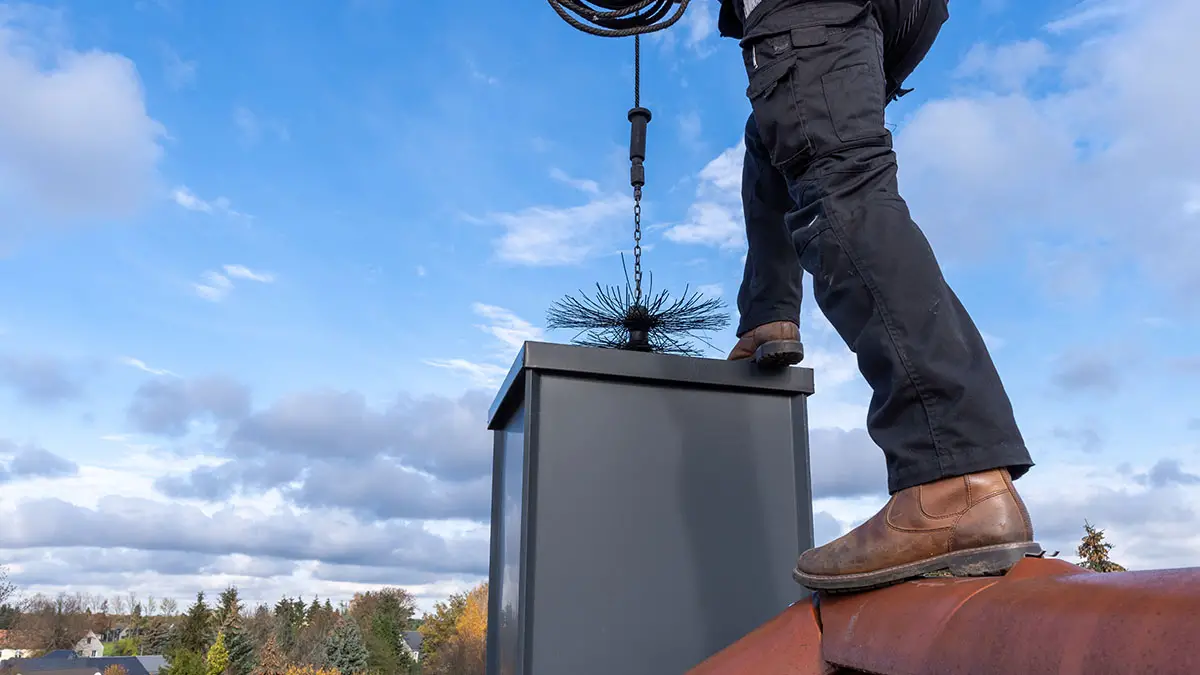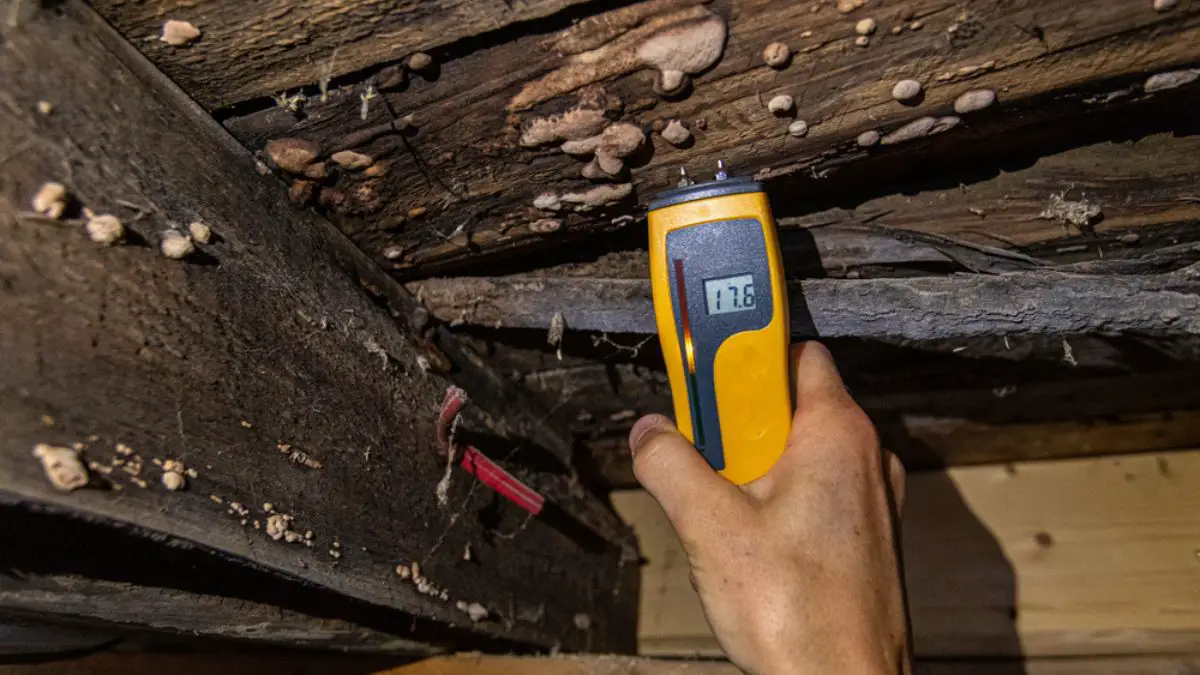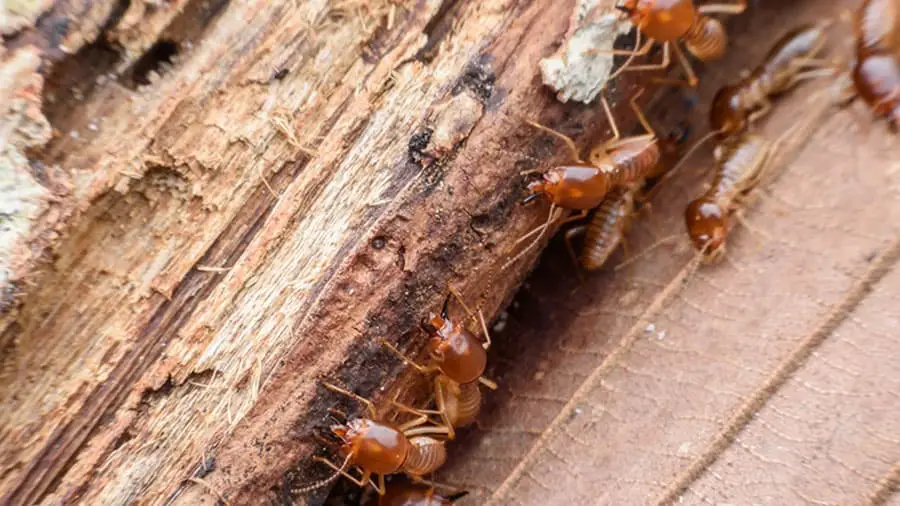
Many homeowners have problems related to termites every year. Termites are insects that eat the wood in your home. They can cause damage that will cost you thousands of dollars, plus you will have to pay to get rid of them. So, how often should a house be treated for termites?
Termite treatments last about five to eight years. A liquid termite treatment can last five years or more. Termite bait station treatments only last one year and require routine inspections, customarily performed every 3 to 6 months. Annual inspections are essential with any termite treatment. DIY treatments should be applied annually.
Get FREE quotes from licensed pest control technicians in your area today. Whether you need a termite inspection or a full treatment, We Can Help! All technicians are screened, licensed, and insured.
How long you will remain termite-free depends on the type of treatment you used, the infestation degree, and the type of termites you had. Look out for signs of termite infestation between your annual termite inspection because it is much easier to get rid of them if you find them on time.
Termites can be a home inspection red flag that can hurt your chances of selling your home should you ever desire to. You can avoid this through preventative termite treatments and annual inspections. The home inspection cost is minimal compared to the cost of repairing termite damage.
Is Preventative Termite Treatment Necessary?
People often say that “an ounce of prevention is worth more than a pound of cure.” Well, this is especially true with termites. Depending on where you live, it’s often not a question of if you’ll have termites but when.
Preventative termite treatments are necessary to maintain the structural integrity of your home. Annually, termites damage approximately 600,000 US homes, and residents spend an estimated $5 billion to control and repair termite damage. 1
You will have the best chances of avoiding the infestation through preventative treatments and routine home inspections.
Termites are a subterranean insect that builds colonies underground. You can have a colony near your house and not even know it. Unlike carpenter ants, you can have termites in your home and not even realize it.
Initial termite treatments are performed when building a house. The initial treatment is generally good for five years if you have a new home. The initial treatment includes applying a liquid treatment to the soil before construction.
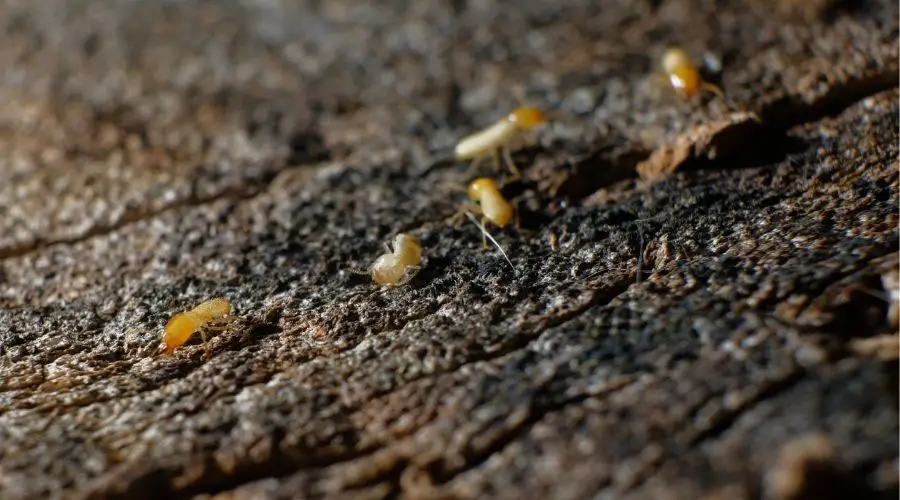
The best way to ensure that your home will remain termite-free is by treating your lot before building a house on it, including putting a Basaltic Termite Barrier (BTB) under your home. The Balsamic Termite Barrier consists of rock particles packed tightly together.
You can also use termite mesh. Termite mesh is a stainless steel screen with small holes that termites cannot pass through. This type of protection is perfect for problem areas such as cold joints in concrete.
The hardest foundations for termites to invade are poured concrete foundations, as long as they don’t have cracks. If you have a brick or block foundation, remember that they crack as they age. Concrete block piers should have a 4-inch solid cap block to resist termites. Some older homes used metal plates to cap the piers often called termite shields.
Using steel frames, pressure-treated wood, or termite-resistant heartwood is another great way to prevent termites when building your house.
If you have an existing home, there are a few ways that you can still prevent termite infestation. One way to do it is to reduce all soil-to-wood contact around your house. That means you should remove all lumber, wood, plants, mulch, paper, cardboard, and so on from around the foundation and crawl space.
It would be best if you also created a 4-inch barrier between mulch and your home. Ensure you keep your plants at least a few feet away from home. It would help to empty your storm drains a few feet from the foundation and ensure that your soil drains effectively minimize overly moist soil.
Rock is preferred in landscape beds for concrete slab foundations over straw and mulch because the wall framing is typically only 4 to 6 inches off the ground.
It is also advisable to fix leaky faucets and eliminate other excess moisture sources because that creates a perfect environment for termite invasions. While it is swarming season, when temperatures rise, turn off outdoor lights at night after the winter. The light attracts the flying termites, so try to move your lights to recessed areas away from doors and windows.
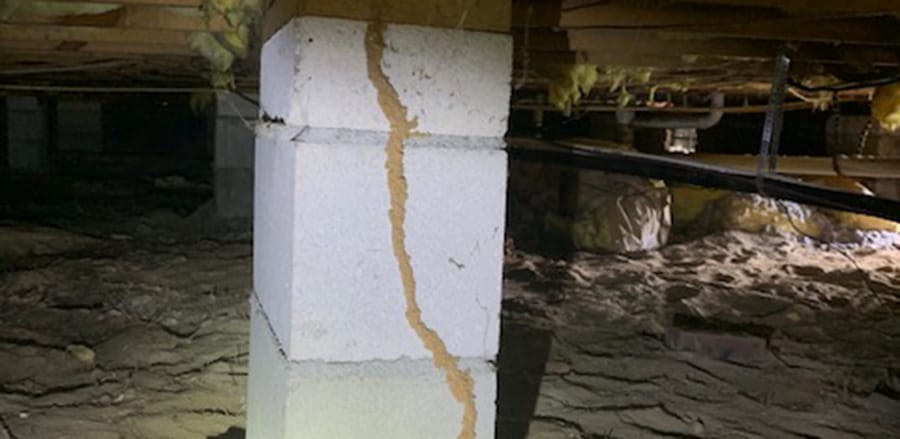
Should You have an Annual Termite Inspection?
All homeowners should invest in regular inspections, whether their home’s new or old. Brand-new homes are still susceptible to termites, and you certainly don’t want your new home damaged by them.
All homeowners should get a termite inspection once a year. If you have an older house, your risk of termite infestation is greater, so you should always be on the lookout for them and get them checked by a professional every year.
Even though a termite inspector will come and inspect your home once a year, you should check your own home in the meantime. There are a few things to look out for in-between inspections to lessen your chance of an infestation.
If you notice mud trails in the soil near any wood around your home, it may have a termite colony present.
After they establish a new colony, swarming termites will discard their wings. If you find a pile of wings, there are termites nearby.
You can also tell that you have a termite infestation by their droppings. Termite droppings resemble sawdust often found along baseboards.
One of the most prominent signs that you have a termite infestation is hearing a hollow sound after knocking on the wood you think might be infested.
Professionals will inspect all these signs during their annual visit and look for less noticeable signs of termites. They can see the earliest signs of termite infestations thanks to their experience.
You can do some things to prepare for the inspector’s visit. Move anything stored under your sinks because the inspector must check your water sources for termite activity.
You will also have to move anything stored against a wall in your garage. Remove any wood you have stored against the exterior walls.
Clear away anything that blocks the entrance to your attic.
If your home has been built on a raised foundation, you should keep your crawl space access clear. Move anything that blocks the entrance to it and anything stored there that will disrupt the inspector’s work.
How Many Years Does a Termite Treatment Last?
How long your termite treatment will last depends on the treatment used.
Liquid termite treatment lasts five years or more. Termite station treatments are generally good for one year and are performed under a service contract.
A professional will trench around the house’s perimeter to apply the liquid chemical treatment to kill the colony and create a chemical barrier around the house. If there are any gaps in the liquid chemical treatment, termites can return and still manage to get into your home. You will also need to drill holes in patios, driveways, and concrete block piers to apply the treatment.
Termite bait stations are another way you can treat a termite infestation. They have to be monitored and maintained all year to be effective. A professional will place the baits strategically around your property.
While foraging, termites take the bait, bring it back to their colony, and then poison them. It could take a few months for termites to find the station, so it could take a while before you are termite-free.
Another thing that influences how long your termite treatment will last is the termite species. The most common termites are subterranean and drywood termites. Subterranean termites live in the soil around houses and build tunnel networks to access your home. Drywood termites tunnel inside your wood and eat right through it.
The degree of infestation is a significant factor in how long your termite treatment will last. If you had a large termite colony, it would take longer to eradicate it.
To minimize your risk of termites returning, ensure you take care of your lawn. You must remove any dead trees and try not to store your firewood against your home’s foundation.
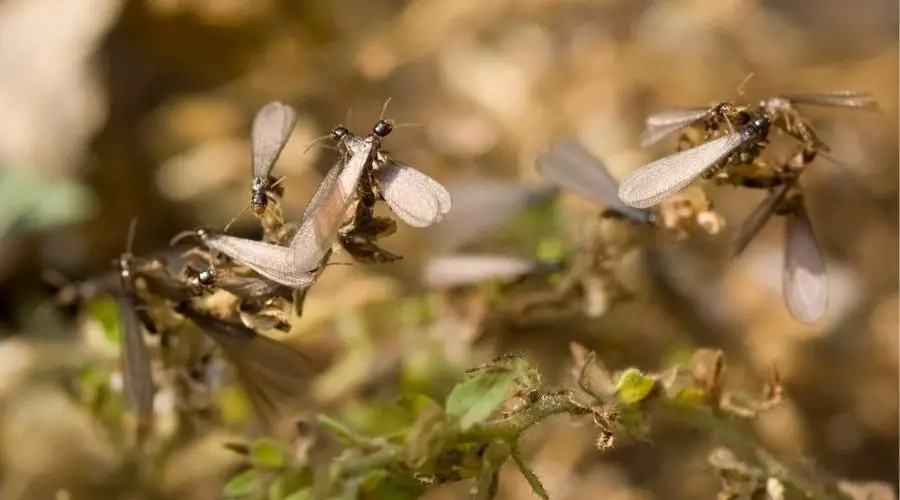
How Much it Costs for Professional Termite Treatment?
Termite treatment is often quite expensive. The price will depend on the degree of the infestation. Once you have a large infestation, it will take more time, and it will be harder to get rid of.
Termite treatment costs about $575 on average. Treatment prices for larger homes can range from $275 to $2000 or more. Spot termite treatments average about $3 to $16 per linear foot. 2
The average homeowner will spend about $3000 on termite structural repairs. However, damages can cost thousands of dollars to correct in severe cases. If structural damage is present, you should have a structural inspection performed by an engineer. 3
Considering that an annual termite control costs $50 – $350, it makes more sense to have a check-up every year than to risk it and pay much more.
Easy DIY Termite Treatment
You can do a DIY treatment around your house for about $50. BioAdvanced 700350A Termite Killer Home Perimeter Treatment Ready-to-Spread Granules are simple to apply, but they need to be applied annually.
You’ll need to spread it in a six-inch band around your foundation and water it if it’s your first application. In subsequent years, you won’t need to water the granules.
Other tips include:
- Treat entire mulch landscape beds
- Treat along wooden fences
- Treat down the soil side of your driveway and into expansion joints
- Treat along concrete walkways or sidewalks
Types of Termite Treatments
There are three main types of termite treatments. Let’s look at each below.
Liquid Termite Treatments
Liquid termite treatments are the most common form of termite treatment. It involves digging trenches or drilling holes around the house’s exterior and the foundation. In crawl spaces, interior piers also have to be drilled. The liquid is poured directly into the holes and absorbed into the soil.
Heat Extermination Treatment
Heat treatments are non-toxic and often used when termites have entered the house’s interior. Since heat treatment is chemical-free, it’s safer for the occupants and pets. Heat treatments are best for smaller spaces like bedrooms and attics but can be used for the entire house.
Heat treatments involve enclosing the house in a tent and pumping hot air into the home. The wood structure needs to reach 120 degrees to eliminate the colony. This process takes about 8 hours to complete. Upon completion, the tent is removed, and the occupants can return to the home.
Fumigation
Fumigation occurs in severe cases where termites have infested the entire house. The house is enclosed in a large tent, and lethal gas is pumped for several hours to eradicate the termites. It takes several hours to complete the process. This type of treatment is rare and requires the occupants, pets, and houseplants to vacate the house for 3 to 5 days.
Get FREE quotes from licensed pest control technicians in your area today. Whether you need a termite inspection or a full treatment, We Can Help! All technicians are screened, licensed, and insured.


